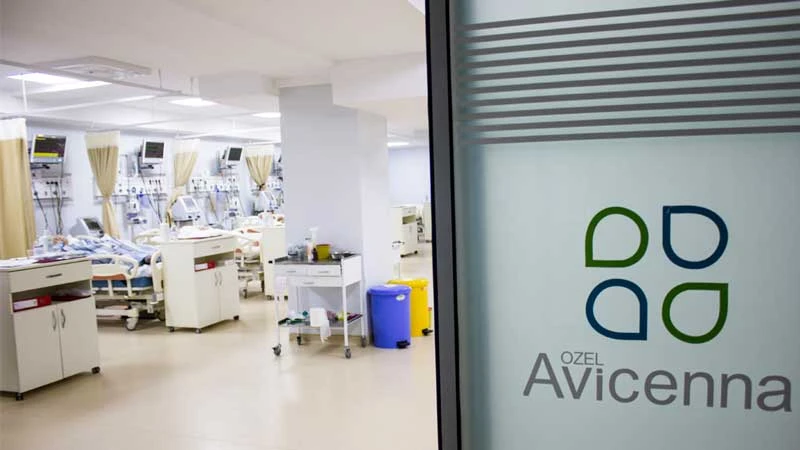Avicenna Hospital’s Intensive Care Unit provides 24/7 service with its specialist doctors, nurses and medical staff. Particularly, Intensive care is the term to describe the specialized care provided to critically ill patients who need immediate medical attention or are undergoing surgery and can recover with the treatment.
Intensive Care Unit (ICU)
The Intensive Care Unit (ICU) is a department inside a healthcare center equipped with specialized capabilities for careful monitoring, prompt intervention, and frequently ongoing treatment of patients suffering from severe organ failure. Since it aims to maintain essential functions to stop more deterioration, lower mortality, and avoid complications in critically ill patients.
The Requirements for Intensive Care
A patient may require intensive care under different conditions and medical problems. Accordingly, some potential reasons involve:
- Severe burns or a trauma
- Respiratory problems
- The severe problem, like a heart attack
- Major surgery
- Transplantation of organs
- An acute infection
Intensive Care Unit Types
In general, intensive care units is divisible into categories based on the illnesses they treat or based on the age of the patients (adult or paediatric). Specialized intensive care units include neonatal, pediatric, general, and surgical wards.
Neonatal
The neonatal care unit is in charge of managing premature, high-risk, and severely ill newborns.
Pediatric
A patient who is critically ill is one whose vital signs are seriously compromised, putting a risk to their life. Children’s metabolism, physiology, and psychology are very different from adults. Ill children get treatment in pediatric intensive care units because pediatric illnesses and their treatments need unique methods.
General
It is a multidisciplinary care unit that treats and cares for critically ill patients of all ages except for newborn babies. For example, diabetes ketoacidosis, gastrointestinal haemorrhage, drug overdose, respiratory failure, sepsis, stroke, and cancer are some of the disorders.
Surgical
The surgical care unit specializes in the care of surgical patients, including those who had abdominal surgery, neurosurgery procedures, thoracotomies, patients with unstable multiple trauma, and any surgical patient who requires constant monitoring or medical assistance.
ICU Equipment
The majority of the ICU’s equipment is designed to support various body organs and provide life support.These consist of:
- Cardiac monitors
- A ventilator that aids breathing
- Tubes for feeding and medications
- Catheters and drains
Recovery After Intensive Care
The patient might be moved to a different unit to complete their treatment once they no longer require intensive care before returning home. Many patients who are discharged from an ICU will recover well. But occasionally there may be persistent issues, such as: weakness, lack of energy, sleep issues, loss of appetite and weight, anxiety, sadness and post-traumatic stress disorder. These issues may continue over several months.
More information
There are many unknowns about the intensive care medical department. Therefore, some of them are as follows:
- In these units, doctors who are experts in their fields should work.
- Respirators, also known as life support units, are the most used devices in these units.
- The most significant issue facing these medical departments, in general, is organ failure caused by infection. Every few seconds, someone dies of sepsis somewhere in the world.
- Generally, this unit and its employees have two goals, not one. Firstly, to treat the patient’s present disease and to prevent possible organ failure.



